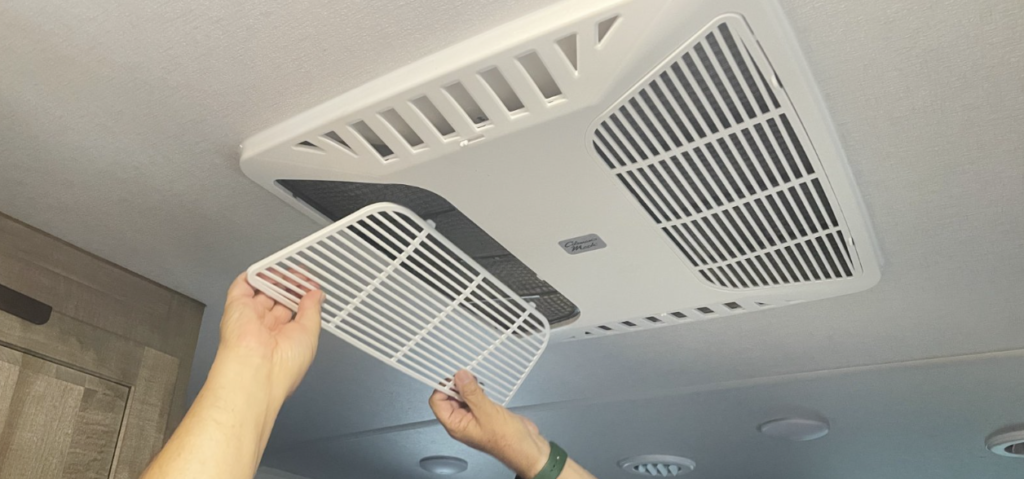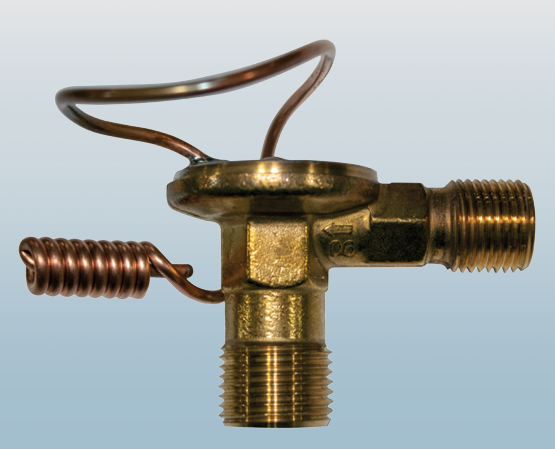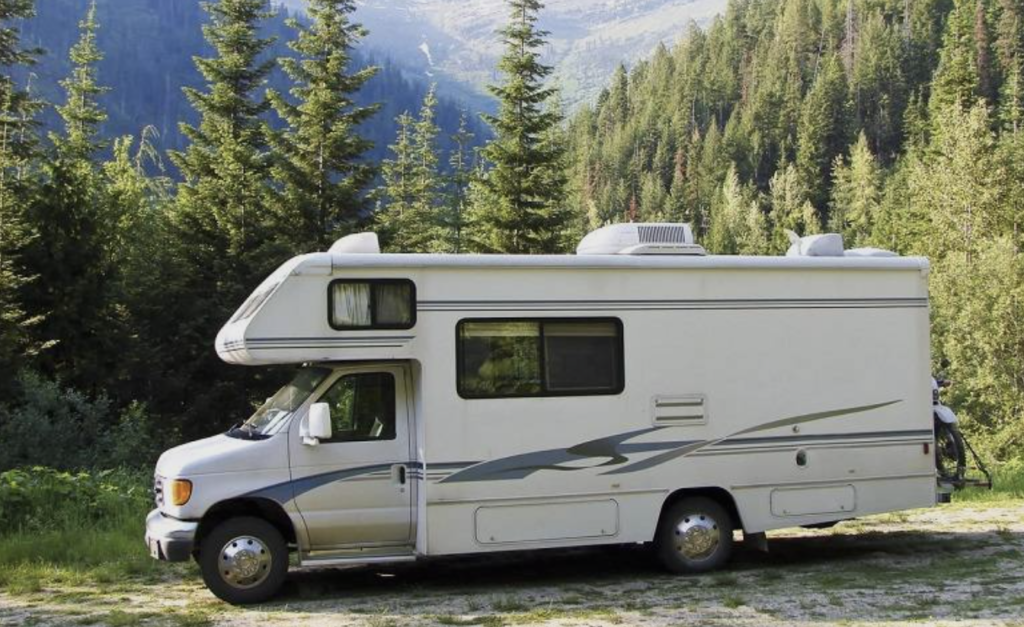Camper Air Conditioner Not Working? Find out why and fix it.
Camper Air Conditioner Not Working is a normal scenarioThe comfort of your car’s interior is crucial when you’re out on a road trip in your camper. The air conditioner, which offers relief from the oppressive heat or stuffy circumstances, is a crucial element of that comfort.
However, there are a few possible causes for these problems if you discover that the air conditioner in your camper is barely blowing any air or if the air it is blowing isn’t chilly.
A frustrating issue with the air conditioner is insufficient airflow. It could seem as though the system is hardly operating.

The cabin filter or the vents are typically the two main causes of this problem. Before entering your car, the cabin filter is in charge of removing dust, pollen, and other impurities from the outside air. The movement of air may be hampered if it is congested or unclean.
To guarantee that the air conditioner can operate at its best, routine maintenance and cabin filter replacement are essential.
After changing the cabin filter, if the airflow is still poor, it may be that the vents are themselves blocked or obstructed. The vent apertures may become clogged with garbage, leaves, or other items over time.
Let’s now examine the problem of your camper’s air conditioner failing to adequately cool the air. There are numerous possible causes for this issue:
Why my Camper Ac not working?
1.Dirty Radiator.
It can be very annoying if your camper’s air conditioning system breaks down, especially on hot, steamy excursions. A clogged radiator in an air conditioner is one typical cause of such a malfunction.
This important part is normally located next to the primary engine radiator. It can restrict airflow when it is caked with dirt and debris, which can cause a chain reaction of problems that prevent the refrigerant from chilling efficiently.
In such circumstances, your camper’s AC system essentially performs subparly, leaving you hot and uncomfortable.
The good news is that it is not difficult to identify a dirty radiator. Owners of campers can quickly identify the warning signals, such as an obvious buildup of filth and grime.
If you think your radiator might be unclean, it’s critical to take action right away to fix the problem, restore the performance of your air conditioning system, and guarantee a relaxing ride.
It is frequently possible for the camper owner to clean a dirty radiator. You can take matters into your own hands and solve the issue on your own without hiring a professional mechanic or expert with a few simple tools and some work.
A straightforward brush can work well for this task. Clean the radiator’s fins of any accumulated dirt and debris gently but completely.
This straightforward repair procedure can significantly increase the radiator’s airflow, allowing the refrigerant to cool adequately and, as a result, addressing the “Camper AC not Working” issue.
Also read>>>>Camping air conditioner.
2.Damaged Control Valve.
A damaged control valve is a frequent, though sometimes disregarded, cause of a camper AC system that isn’t working.
This valve is essential for controlling the amount of fluid entering the compressor. The compressor cannot operate as it should and the pressure required for efficient cooling cannot be reached without the right fluid flow.
It is a relatively small and low-cost part, yet the AC system cannot function without it.
The “Camper AC not Working” problem can show itself in a number of ways, such as a lack of cold air or insufficient cooling, when the control valve is damaged.
Even though there are other possible reasons for AC issues, it makes reasonable to start by suspecting this valve.
Its low cost and simplicity of replacement make it a sensible spot to start your troubleshooting process before looking into more involved and expensive options.
A camper owner with some mechanical knowledge can replace a damaged control valve in a reasonably simple process.
Identifying the symptoms, such as poor cooling performance or no cooling at all, is the first step in solving the problem.
Once you think the control valve might be the issue, it’s best to buy a replacement valve and install it according to the manufacturer’s instructions.
This straightforward fix frequently solves the “Camper AC not Working” issue and returns your AC system to peak performance.
3.Clogged Filter Dryer.
A clogged filter drier is one of the possible causes of a camper air conditioning system that isn’t working properly.
This part is essential to the operation of the air conditioning system since it assists in purging the refrigerant of impurities and moisture.
Its obstruction can set off a series of issues, including poor cooling performance or, in severe circumstances, a frozen filter dryer.
Understanding this problem is essential to fixing the “Camper AC not Working” issue and assuring a cozy interior while you’re traveling.
A clogged filter drier can be located using a number of obvious signs. The fact that the filter dryer feels abnormally chilly to the touch, frequently to the point of freezing, is one of the most obvious indicators.
This occurs as a result of the clog impeding the passage of the refrigerant, which causes it to become excessively cold and could cause the surrounding components to freeze.
Another sign is that the pressure takes an unusually long time to stabilize when the air conditioner is turned off while the pressure gauge is still connected.
This delayed stabilization is a blatant indication that the filter dryer is preventing free flow of the refrigerant.
It’s best to address the problem right away if you experience these symptoms. The most efficient way to fix the issue and return your AC system to proper functioning order is to replace the clogged filter drier.
Filter dryers are reasonably inexpensive parts that can be changed without the need for specific expertise. Usually, all that is necessary for installation is to follow the manufacturer’s instructions.
You can frequently fix the “Camper AC not Working” problem and take advantage of a fully functional AC system when you go camping by taking care of the clogged filter drier.
4.The Air Conditioner Compressor Stopped Working.
Failure of the air conditioner compressor is one of the more significant and serious causes of “Camper AC not Working” problems.
In order to pressurize the refrigerant, which is necessary for cooling the air in your camper, the compressor is a crucial component.
When the compressor stops working, the entire air conditioning system may fail, leaving your interior stiflingly hot.
It’s crucial to identify and fix compressor problems if you want to get your camper’s cooling system working again.
Compressor issues can be found in a couple of ways. To start with, look for internal damage. The refrigerant may not be properly cooled if there is insufficient pressurization due to an internally broken compressor.
You can use a pressure gauge to check to see if the compressor has internal damage. Typically, the maintenance manual for your AC system contains pressure charts for the exact refrigerant type that it uses.
You can use these charts to identify whether the compressor is failing to produce the required pressure for cooling.
The compressor not spinning properly is another sign that there are problems with it. When the electromagnetic compressor clutch is destroyed, this problem frequently arises.
The compressor is engaged and disengaged by the clutch as necessary. If it is damaged, the compressor might not move, which would prevent cooling.
In this case, replacing the electromagnetic compressor clutch will allow your AC system to function once again.
It’s important to keep in mind that fixing compressor problems can be more difficult and expensive than fixing some of the other reasons of AC issues that were listed earlier.
A qualified mechanic or specialist may be needed to replace or repair the compressor. However, given that the compressor is a crucial part of your AC system, it is an essential action to take when you are dealing with a malfunctioning one.
Also explore more on Smallest Mini Split.
5.Low Refrigerant in the Air Conditioner.
The lack of refrigerant in the air conditioning system is one of the more significant causes of “Camper AC not Working” situations.
The refrigerant, which absorbs and releases heat to produce the much-needed cool air inside your camper, is the AC system’s lifeblood.
A series of problems that can arise when the refrigerant level is low must be identified and fixed in order to restore effective cooling.
The formation of frozen, white lines on the air conditioner parts that are close to the engine radiator is a clear indication of low refrigerant levels.
These icy lines are a blatant sign that the refrigerant volume is insufficient, causing a temperature decrease that is greater than what is required for cooling.
One can use a pressure gauge to measure the system’s pressure in order to more precisely diagnose this problem.
Because air conditioning systems are closed-loop devices, the pressure should be steady over time. It is advised to keep an eye on the pressure for two hours.
A leak in the system is strongly suggested if, during this time, the pressure noticeably drops and drops below the normal level.
If a leak is suspected, it’s crucial to find and fix it. Making sure there are no leaks in the system is the first step.
You can continue by adding the necessary amount of refrigerant if there are no leaks found. Applying a soapy solution to the AC pipes is one way to find a leak. If there is a leak, bubbles will form in the soap at the leak’s position, indicating where it is.
Refrigerant problems should not be treated lightly, it is crucial to remember that. Low amounts of refrigerant, a crucial component of the air conditioning system, can significantly reduce its ability to cool.
Additionally, if you lack experience maintaining AC systems, it may be better to seek professional advice while handling refrigerants.
6.Clogged Expansion Valve.

A clogged expansion valve in the air conditioning system could be the root of the “Camper AC not Working” problem.
When refrigerant enters the evaporator, the expansion valve is crucial in controlling the flow because it allows the refrigerant to change from a high-pressure, high-temperature state to a low-pressure, low-temperature one.
The obstruction of this valve can cause a number of problems, including an inefficient cooling system that leaves the cabin’s air lukewarm.
Utilizing a pressure gauge to track the pressure variations within the AC system is often required to locate this issue.
If the expansion valve is clogged, you may see high pressure readings, but the evaporator—the part that cools the air—remains unsatisfactorily lukewarm. This disparity is a blatant sign that the refrigerant is not flowing into the evaporator as it should.
For the camper’s AC system to operate properly once more, this problem must be fixed. A clogged expansion valve can prevent proper cooling from occurring, making your travels uncomfortable.
Replacement of the expansion valve is frequently the best fix, ensuring smooth refrigerant flow and proper operation of the cooling system.
It’s crucial to be aware of this potential issue and to routinely check the functionality of your AC system as a responsible camper owner.
You can identify the problem by recognizing the signs of a clogged expansion valve, which include excessive pressure readings and insufficient cooling.
The expansion valve needs to be changed in order to address the “Camper AC not Working” issue and return your comfort during your camping excursions.
Also read>>>>Air Conditioner Smells Musty.
Fix the issue of Camper AC not Working.

–Dirty Radiator.
- Inspect the air conditioner radiator for visible dirt and debris.
- Use a brush to gently clean and remove accumulated dirt.
- Ensure proper airflow through the radiator for effective cooling.
- Regularly maintain the radiator to prevent future issues with your camper AC not working.
–Damaged Control Valve.
- Use a pressure gauge to check the refrigerant pressure.
- If the pressure is significantly low, consider replacing the control valve.
- Follow the manufacturer’s instructions for proper installation.
- Address control valve issues as a starting point to diagnose and fix your camper AC not working.
–Clogged Filter Dryer
- Observe the air conditioner lines for freezing and whiteness.
- Monitor the pressure with a gauge for stability; a significant drop may indicate a leak.
- If there’s no leak, refill the refrigerant to the appropriate level.
- Locate leaks by coating the AC lines with soapy water and identifying bubbles.
–The Air Conditioner Compressor Stopped Working.
- Use a pressure gauge to check the refrigerant pressure.
- If pressure is inadequate or remains stable, consider an internal compressor issue.
- Address compressor issues by inspecting the electromagnetic clutch; replace if damaged.
- Ensure proper function of the compressor, a core component in your camper AC system.
–Low Refrigerant in the Air Conditioner.
- Observe the air conditioner lines for freezing and whiteness.
- Use a pressure gauge to monitor refrigerant pressure.
- If pressure remains too high or evaporator remains lukewarm, there may be a refrigerant shortage.
- Diagnose and address refrigerant levels to restore proper cooling in your camper AC system.
–Clogged Expansion Valve.
- Use a pressure gauge to monitor the refrigerant pressure.
- If high pressure readings and lukewarm air are observed, it may indicate a clogged expansion valve.
- Address the issue by replacing the expansion valve, restoring proper refrigerant flow.
- Recognize the symptoms and take action to ensure effective cooling in your camper AC system.
Frequently Asked Questions (FAQs).
Why is my camper’s AC not cooling effectively?
- Inadequate cooling can result from low refrigerant levels, a damaged compressor, or clogged components. Inspect and address these issues.
How can I tell if my camper’s AC is affected by a dirty radiator?
- Visual inspection is key. Check the radiator for dirt and debris. Cleaning it can often resolve the issue.
Can I fix a damaged control valve in my camper’s AC system myself?
- Yes, you can replace a damaged control valve if you have basic mechanical skills and follow the manufacturer’s instructions.
How do I detect refrigerant leaks in my camper’s AC system?
- Apply a soapy solution to the AC lines and look for bubbles. Bubbles indicate a refrigerant leak, and the source can then be identified and repaired.
Conclusion
To have a relaxing and pleasurable trip, your camper’s AC system must be kept in good working order. We’ve talked about typical problems that can result in “Camper AC not Working” situations and given clear fixes.
The AC system needs to be inspected, cleaned, and monitored regularly to avoid issues. Whatever the problem—a filthy radiator, a broken control valve, a clogged filter dryer, a broken compressor, insufficient refrigerant, or a clogged expansion valve—resolving it quickly will assure effective cooling while you’re on the road.
Your camper’s air conditioning system may be maintained so that your travels will be comfortable even in the warmest weather by remaining knowledgeable and taking the proper steps.









